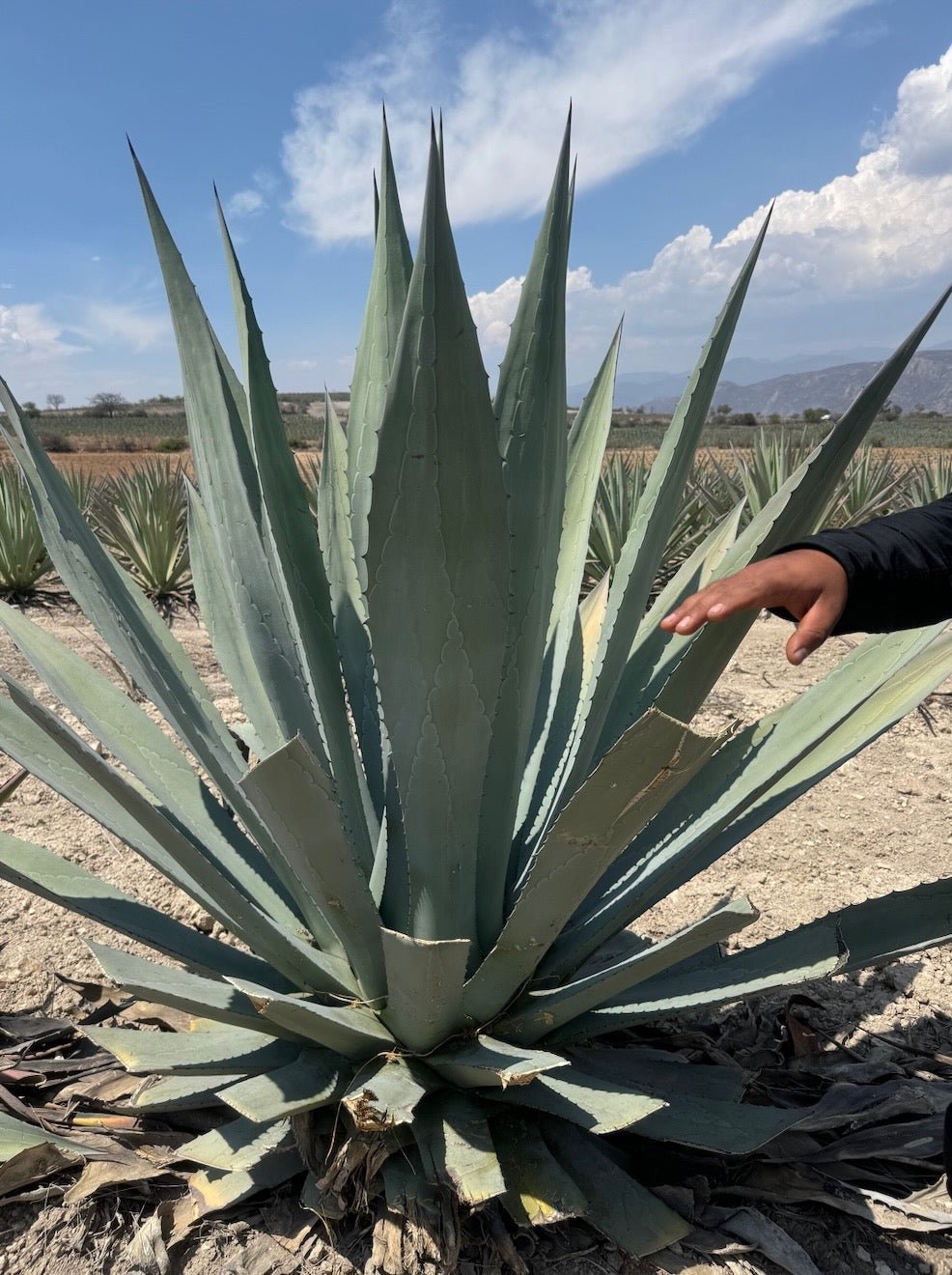
Mezcal is one of the last great hand crafted spirits out there..
Mezcal is one of the last great hand crafted spirits. Deeply rooted in Mexican culture, Mezcal is carefully handmade by skilled Mezcaleros through processes that date back centuries. It’s more than just a drink—it’s an art form, carefully crafted by skilled artisans who put heart and soul into every bottle.
Many forms of tequila are now produced using industrial processes, where large metal ovens and autoclaves replace traditional methods. Industrially produced tequila is often steamed in these metal ovens to speed up the cooking process.
Vodka, too, is typically produced in large facilities where speed and efficiency are prioritised. Large producers use 'continuous distillation', a method that allows for a quick, streamlined process that produces thousands of gallons in a single batch.
Rum and gin have followed similar paths, with larger facilities and machines now replacing the hands-on care that once characterised these spirits. While mass production has made these beverages accessible to a global market, it’s also created a disconnect between the spirit and the land, people, and culture that originally defined it.
In contrast, Mezcal has resisted this trend toward industrialisation. Each step of mezcal’s production is a labor-intensive process that takes years to complete, relying on the skill, patience, and dedication of Mezcaleros. Here’s a look at the artistry involved:
Harvesting the Agave: Mezcal is made from hand-selected agave plants that are often allowed to grow for up to 11 years in the case of Bandida. Each plant’s maturity brings a unique complexity to the flavour. The Mezcalero uses hand tools such as the coa de jima; a flat, round blade used to harvest agave plants by cutting away the leaves, exposing the heart or piña.
Roasting in Earthen Pits: The harvested agave is cooked slowly in underground pits lined with stones and heated by wood fire. This traditional method, still used by our Mezcaleros today, is key to Bandida’s iconic flavour.
In fact, it’s worth noting that mezcal’s distinctive smokey flavour emerges primarily during the roasting stage. The natural wood and stone used in this process infuse the agave with smokey notes, which some find appealing and others might find too intense. For those who prefer a more subtle flavour, we gently roast, allowing the natural sweetness of the agave to shine through, and not allowing too much of a smokey taste.
Grinding with a Tahona Wheel: Our roasted agave is crushed with a large stone wheel. This hands-on process preserves the agave’s natural textures, adding depth to the final product as can be seen here at our Palenque; https://www.instagram.com/reel/DB3ZmUcKAIM/
Natural Fermentation: Fermentation happens in open-air wooden vats, relying on wild yeast and the surrounding environment. This unique method produces flavours that reflects our terroir. But the important point here is that we don't add any synthetic yeast for the fermentation process.
Typically, but not always this means Mezcal is made without additives, preservatives or sweeteners.
As the world of spirits move towards automation, Mezcal remains a 100% hand-crafted and artisanal elixir, one of which we promise to maintain.. Mezcal remains true to its origins—a spirit that reminds us all of the beauty in slowing down, savouring the moment, and preserving the art of the handmade.



